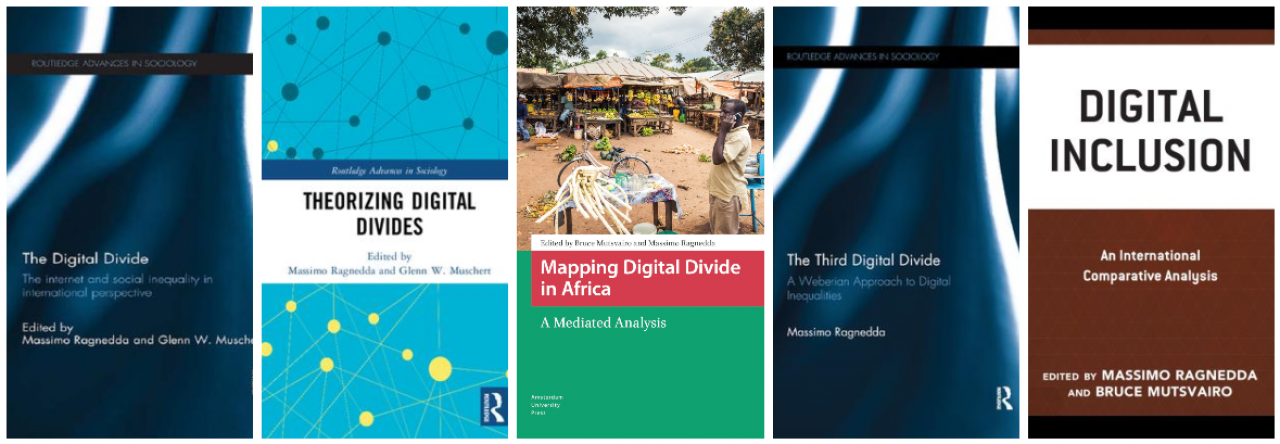 The IAMCR 2019 was the largest conference ever organized by IAMCR, with 1,785 registered participants from 83 countries and 5 continents. The International Association for Media and Communication Research – the preeminent worldwide professional organisation in the field of media and communication research – organized the conference at the Universidad Complutense de Madrid from the July 7 – 11, 2019.
The IAMCR 2019 was the largest conference ever organized by IAMCR, with 1,785 registered participants from 83 countries and 5 continents. The International Association for Media and Communication Research – the preeminent worldwide professional organisation in the field of media and communication research – organized the conference at the Universidad Complutense de Madrid from the July 7 – 11, 2019.
The day before the main conference, I co-organized with my colleagues Bruce Mutsvairo (University of Technology Sydney) and Kristin Skare Orgeret (Oslo Metropolitan University) a preconference/Special issue Information, Communication and Society. The preconference Era or Error of Transformation? Assessing Afrocentric Attributes of Digitalisation has been really successful with 18 case studies presented and discussed.
 The aim was to think about the implications of technological changes for nation-states within the wider geo-political context of post-colonial relations and the emergence of China as a major investor. Contributors discussed about what barriers and challenges still exist for digital literacy, human rights, democratic governance, business innovation and digital access.
The aim was to think about the implications of technological changes for nation-states within the wider geo-political context of post-colonial relations and the emergence of China as a major investor. Contributors discussed about what barriers and challenges still exist for digital literacy, human rights, democratic governance, business innovation and digital access.
At the main conference I presented a couple of papers. The first one, co-written with my colleague Anna Gladkova (Faculty of Journalism, Lomonosov Moscow State University), titled Digital divide as both technological and social problem: The case of Russian regions. In this research we looked at three levels of the digital divide in Russia (access; skills; and benefits people can get through using ICTs) by focusing on the number of Internet users in Russia in general and in particular federal districts of Russia, monthly Internet audience, Internet penetration rate (broadband and mobile), the cost of Internet access, average speed, etc. Furthermore, we analyzed digital literacy in Russia in a comparative interregional perspective, analyzing similarities and differences across eight federal districts of Russia in this respect. Last but not least, in order to shed light upon digital inclusion process, we studied the index of Internet ‘openness’ of Russian regions (a measuring program implemented since 2017), and key directions of the state policy aimed at decreasing digital inequality in Russia on both federal and regional levels (Digital Russia Program, Digital Government Program, the Program of Eliminating Digital Inequality in Russia, etc.), as well as the availability and use of e-services in Russian regions.
The second paper I presented has been written with Maria Laura Ruiu. This paper, tiled What the digital capital is and how the measure it, contributes both theoretically and empirically to the literature by consolidating the concept of Digital Capital as a specific capital, and (b) empirically measuring it. We presented preliminary data of our research, supported by the British Academy, on Digital Capital.

Lascia un commento